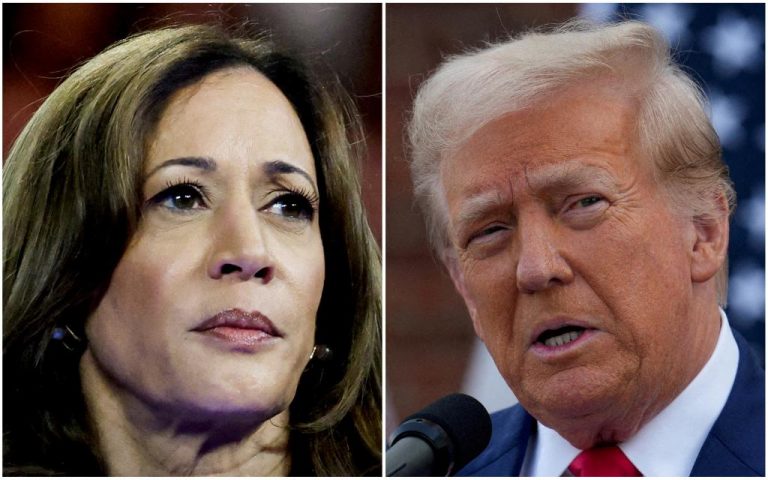Donald Trump considers banning China to protect US farmers and food supply.
President Donald Trump has set his sights on implementing a ban to protect US farmers and the food supply from threats posed by China. This move comes in response to concerns about the potential impact of Chinese agricultural practices on American farmers and the country’s food security.
The proposed ban is part of a larger strategy to address what the Trump administration perceives as unfair trade practices by China. These practices include issues related to intellectual property rights, market access, and state subsidies that put American producers at a disadvantage.
One of the main reasons behind the push for the ban is the growing influence of Chinese companies in the US agriculture sector. Chinese investors have been acquiring farmland, food processing facilities, and other related assets in the US at an alarming rate, raising concerns about the long-term implications for American farmers and consumers.
In addition to concerns about Chinese ownership of US agricultural assets, there are also worries about the quality and safety of food products imported from China. Reports of contaminated food products, fraudulent labeling, and other safety issues have raised red flags about the reliability of Chinese food exports.
By imposing a ban on certain agricultural imports from China, the Trump administration aims to protect American farmers and consumers from potential risks associated with Chinese agricultural practices. The ban would also serve as a signal to Beijing that the US is serious about holding China accountable for its trade practices.
However, the proposed ban has sparked controversy and debate among policymakers, industry stakeholders, and trade experts. Some argue that a ban on Chinese agricultural imports could lead to retaliation from Beijing, further escalating trade tensions between the two countries.
Opponents of the ban also point out the potential negative impact on US businesses that rely on Chinese imports for their operations. They argue that disrupting the supply chain could result in higher costs for American companies and, ultimately, consumers.
Despite these concerns, supporters of the ban argue that it is necessary to safeguard US farmers and the food supply from foreign threats. They believe that the potential risks posed by Chinese agricultural practices outweigh the short-term challenges that may arise from the implementation of the ban.
As the debate over the proposed ban continues, it remains to be seen how the Trump administration will proceed with its plans to protect US farmers and the food supply from the perceived threats posed by China. The outcome of this issue could have far-reaching implications for the agricultural sector and US-China relations as a whole.
In conclusion, President Trump’s move to consider a ban on Chinese agricultural imports reflects his administration’s commitment to addressing the challenges facing American farmers and the food supply. While the ban may face opposition and criticism, its implementation could help protect the interests of US farmers and consumers in the face of growing concerns about Chinese trade practices.








